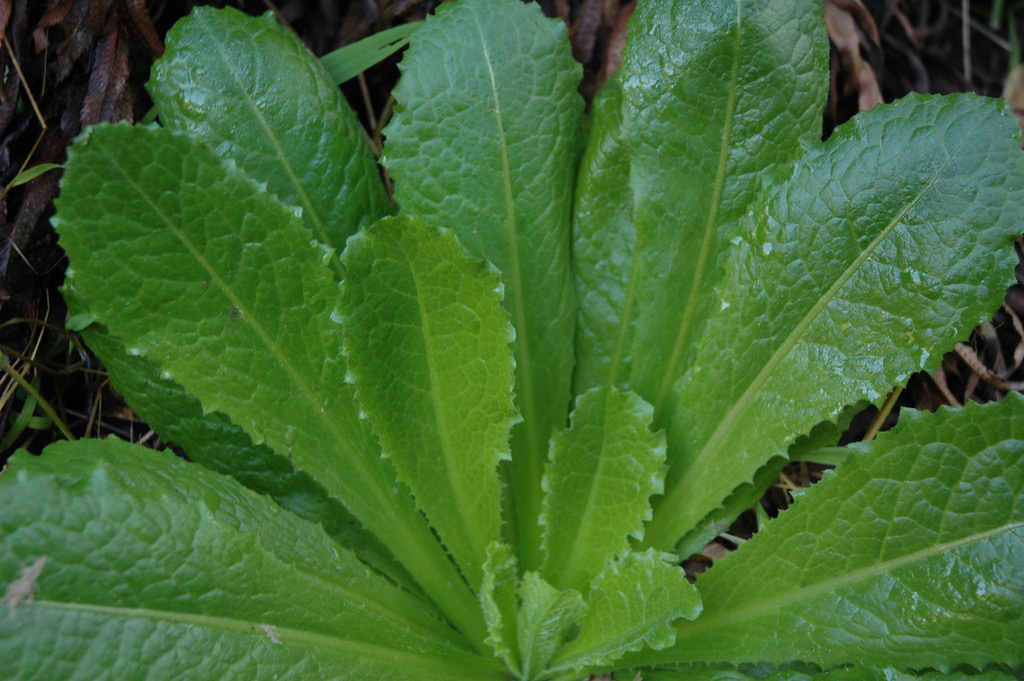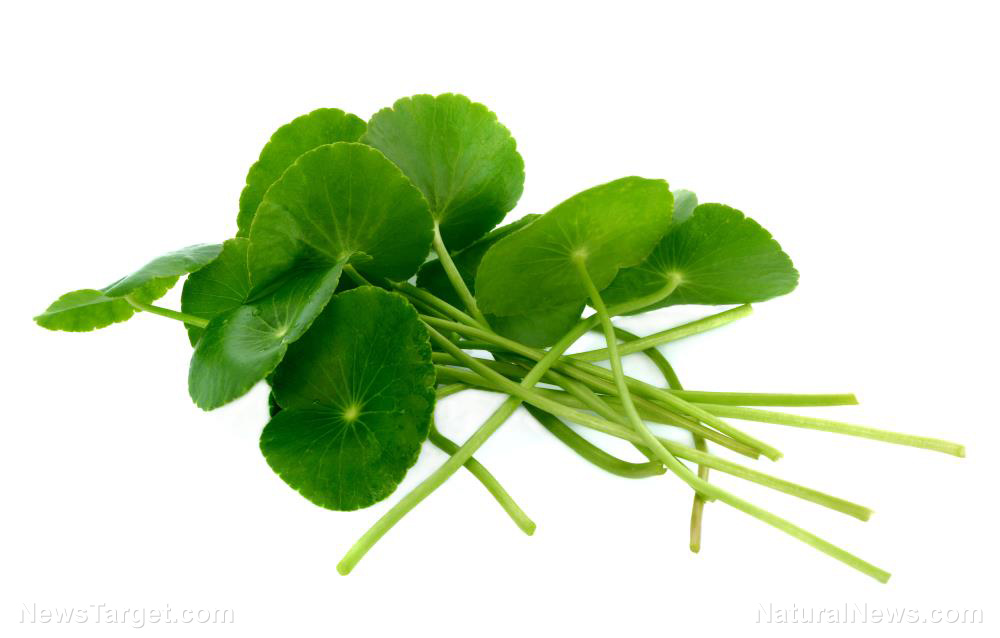Prevent muscle mass aging by taking more plant-based protein
11/06/2018 / By Edsel Cook

Worried about your muscles getting smaller and weaker with every year that passes? Canadian and Scottish researchers evaluated diet-based ways to improve the growth of skeletal muscle mass for aging people. They recommended adding more proteins from different kinds of plants to help maintain your muscles.
As we get older, our muscles produce fewer new proteins to replace worn out ones. Old muscles eventually diminish in both size and strength.
Older people with lower muscle mass find it harder to maintain comfortable lives on their own. They find themselves more reliant on other people for physical assistance. They are also more prone to falling down and suffering fractured bones, and they face greater risks of morbidity and death.
There are two ways of compensating for dwindling muscle mass and strength. The first is to stay physically active as much as possible. The second is to make sure your diet has enough protein of high quality in it.
These two factors are called anabolic stimuli. They encourage the production of muscle protein and prevent the same from degenerating and breaking down. The combination of regular physical exercise and steady intake of the right protein can ensure a healthy skeletal musculature. (Related: Looking for a healthy snack? Pea-based snacks are gaining in popularity.)
A comparison of plant-based and animal-based proteins
The amount of muscle protein produced from ingested protein depends on the amount, type, and origin of the food. Researchers from McMaster University and the University of Stirling took a look at animal-based proteins and their plant-based counterparts.
Their objective was to compare the effect of each group of protein on the production of muscle protein. Based on the response to the anabolic stimuli, they would come up with strategies to improve the synthesis.
For animal-based proteins, they studied casein and whey. The two proteins contain plenty of amino acids, especially leucine. High levels of amino acids result in good production of proteins.
Whey protein takes less time to digest and boosts muscle protein production much better in the short term. Casein, on the other hand, is able to sustain the stimulation over longer periods of time.
Meanwhile, plant-based proteins have the advantage of superior sustainability. It takes much less effort and resources to grow crops than to raise livestock. No wonder 60 percent of the global protein diet comes from plants.
Strategies for maximizing anabolic stimulation of plant-based protein diets
There is much less information on the effects of plant-based protein on muscle protein synthesis. They are also thought to be less stimulating than animal-based proteins.
Previous studies exclusively used soy and wheat protein as comparisons. Lesser known food crops were not examined.
The researchers theorized that soy and wheat protein lacked certain kinds of amino acids that synthesize proteins. Low levels of lysine and methionine could be holding back their efficiency.
They came up with two strategies that could improve the effectiveness of muscle protein production. The initial option is to consume more than one type of plant-based proteins. Different sources of proteins will have different amino acids that could cover the deficiencies of a single source.
The second option is to take leucine supplements. This amino acid can improve the response of the muscle protein synthesis process. While it is mostly found in animal products, it can also be found in seeds and nuts.
Adopting either of these strategies could make a plant-based protein diet an affordable and excellent choice to fend off physical infirmity and keep your skeletal muscle mass at a fit level.
If you want to read about an alternative source of healthy plant-based protein, check out Chlorella.news.
Sources include:
Cambridge.org [PDF]
Submit a correction >>
Tagged Under:
aging, Amino Acids, animal proteins, Diets, Leucine, muscles, nutrients, nutrition, plant proteins, plant-based protein, protein diet, supplements
This article may contain statements that reflect the opinion of the author
RECENT NEWS & ARTICLES
PlantMedicine.News is a fact-based public education website published by Plant Medicine News Features, LLC.
All content copyright © 2018 by Plant Medicine News Features, LLC.
Contact Us with Tips or Corrections
All trademarks, registered trademarks and servicemarks mentioned on this site are the property of their respective owners.





















